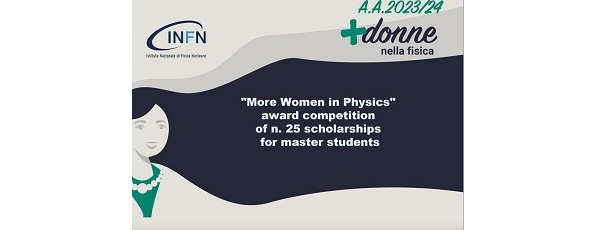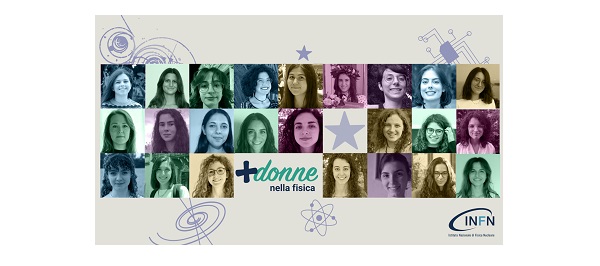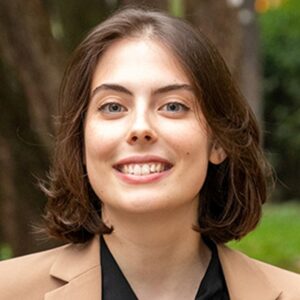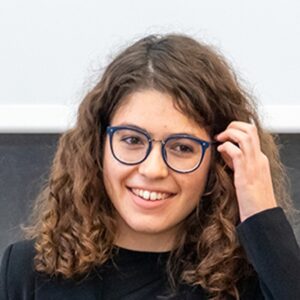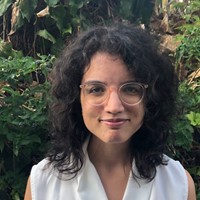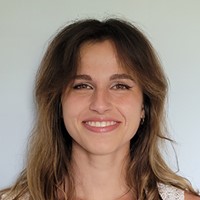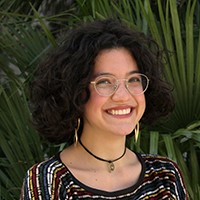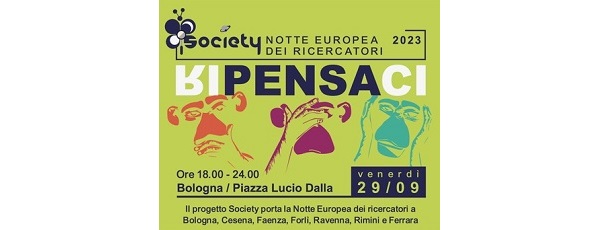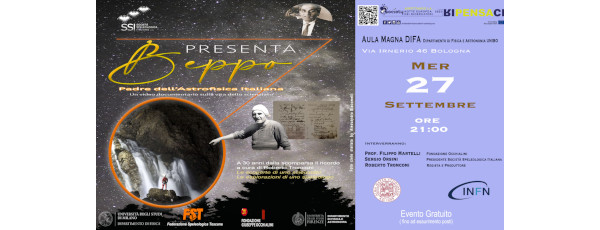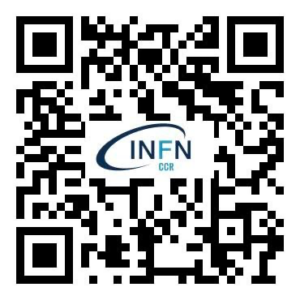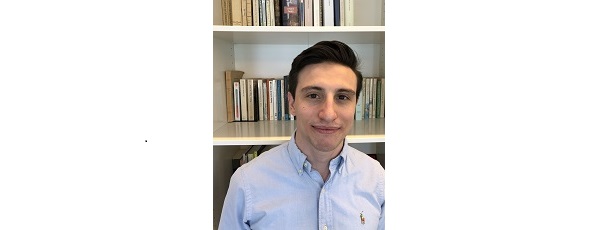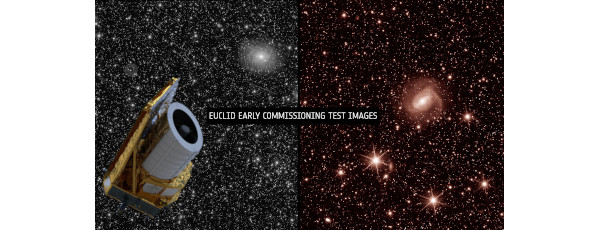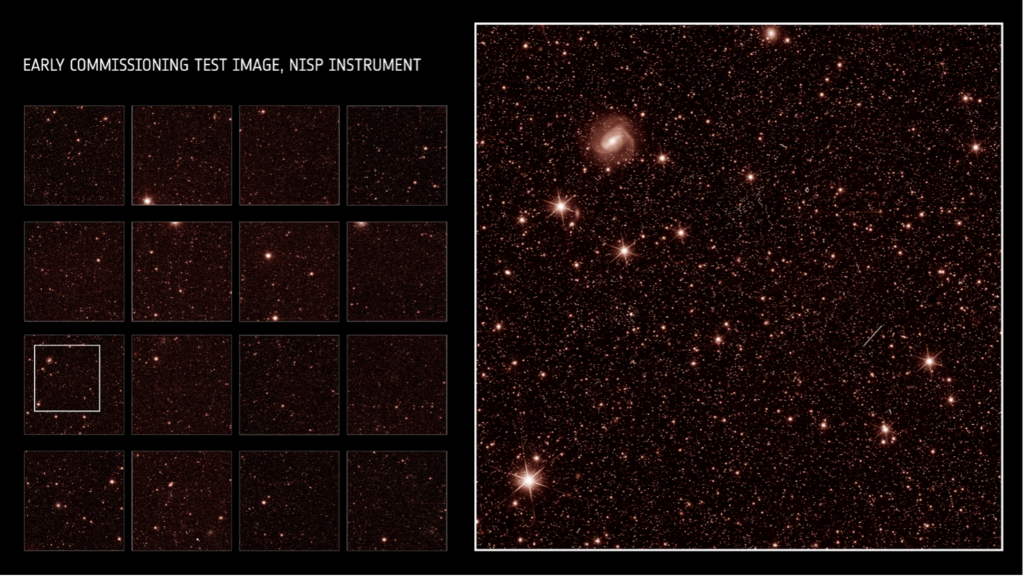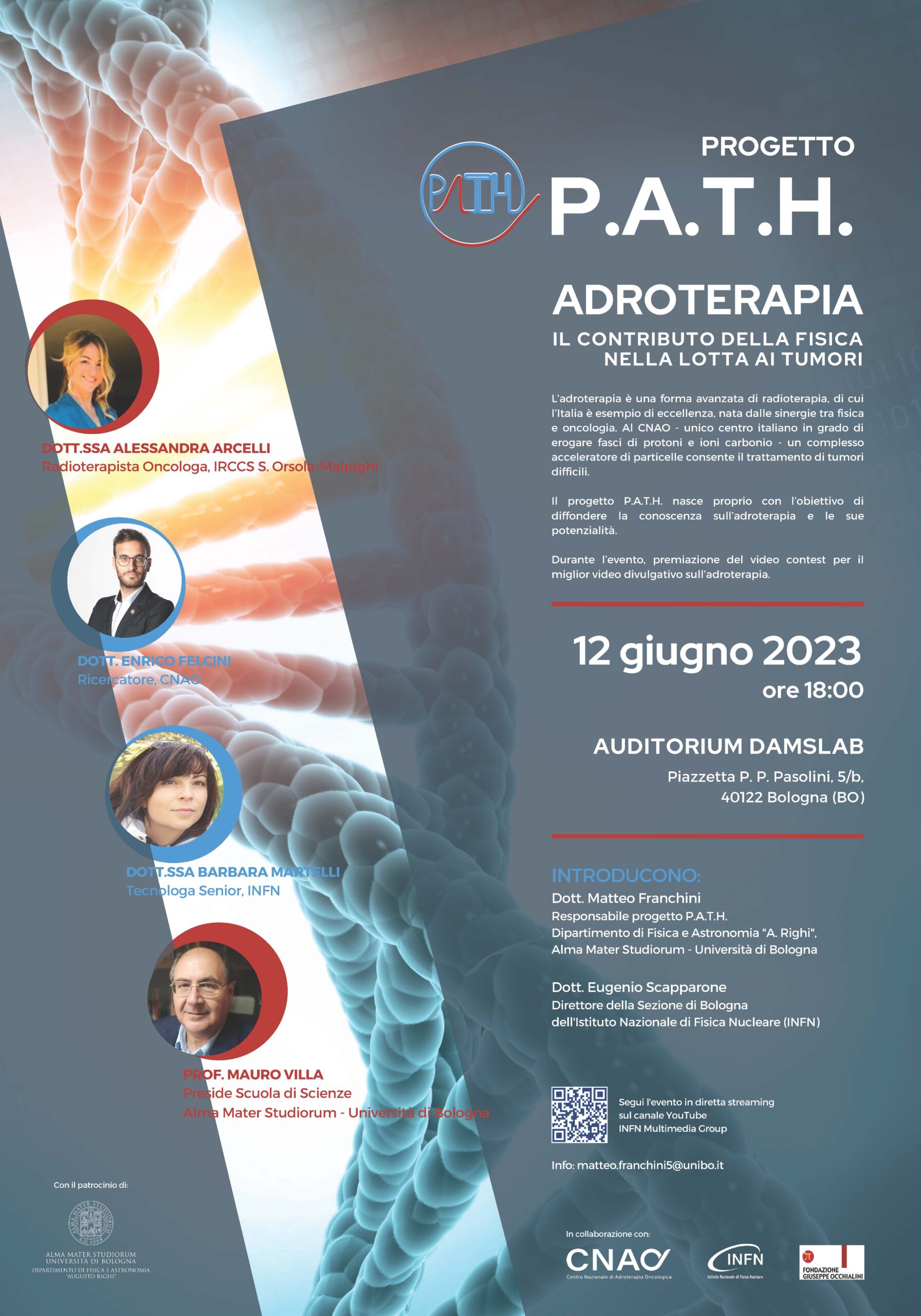As part of the “More women in Physics project” to promote and support girls in the study of Physics, the National Institute of Nuclear Physics (INFN) is launching a competition for the awarding of n. 25 scholarships for master’s students meeting the following requirements:
- Enrollment and matriculation for the entire academic year 2023/2024 in the first year of a master’s degree course in Physics or Universe Sciences
- Bachelor’s degree in physics obtained by 31 December 2023, with a grade of no less than 100/110 and with a weighted average of exam scores taken of no less than 26/30 (the weighted average is determined by multiplying the number of credits obtained in each exam for the grade obtained, the sum of the products obtained is divided by the total sum of the credits obtained).
The duration of the scholarship is one year, renewable for a further year. The gross amount of the scholarship is set at €1,500.00 and will be paid in the first month of starting the scholarship. Applications to participate in the competition must be completed and sent to the INFN electronically via the website https://reclutamento.dsi.infn.it no later than January 31, 2024 by 11.59.59 pm.
The announcement can be consulted at the link:
https://jobs.dsi.infn.it/dettagli_job.php?id=3763


